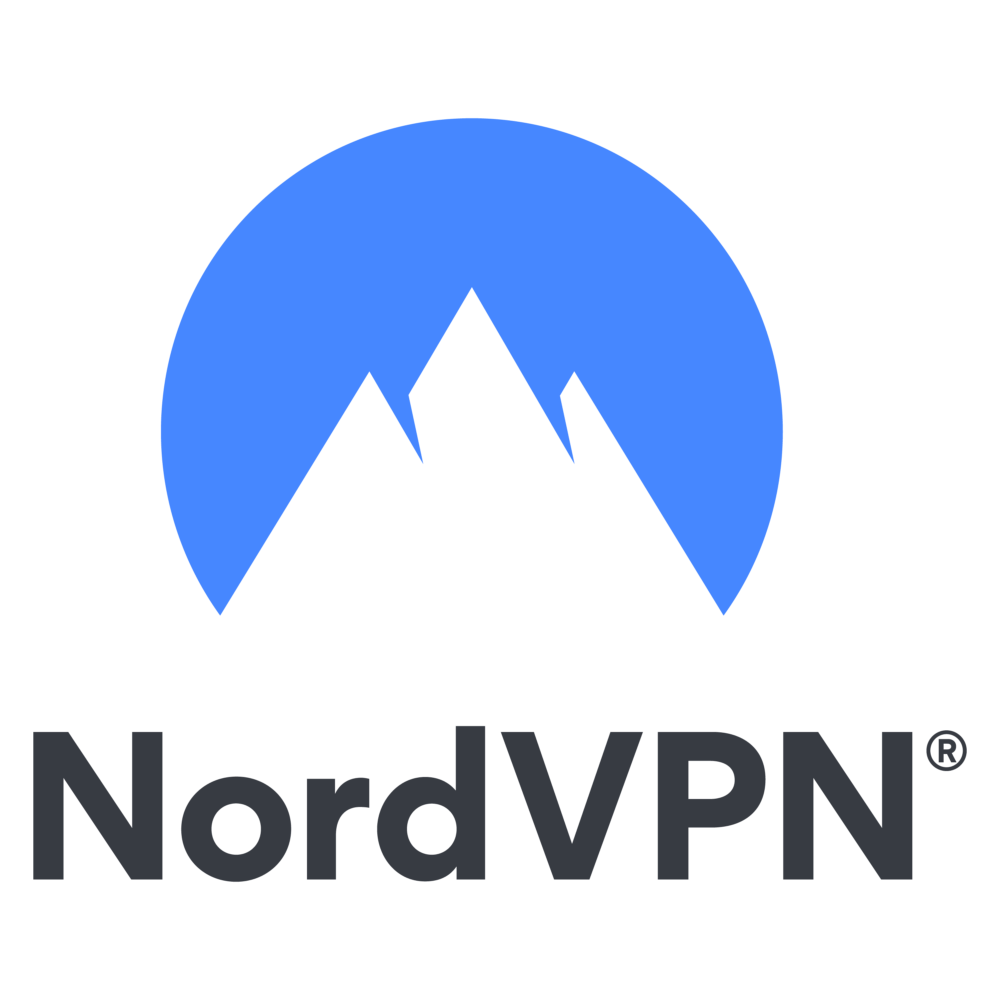
When I evaluate VPNs for bypassing geo-restrictions, I focus on critical factors like security, server diversity, and connection speed. It’s crucial to understand how these tools function to effectively access region-locked content while maintaining privacy. I’ve identified several top contenders, but not all VPNs are created equal in this scenario. Each option presents unique advantages and potential drawbacks that warrant a closer examination. So, which VPNs truly stand out for their ability to circumvent digital borders while keeping user data secure?
Understanding Geo-Restrictions
Geo-restrictions are digital barriers that prevent users from accessing specific content based on their geographic location. I often encounter these restrictions while trying to access streaming services or websites that are only available in certain countries.
They rely on IP address tracking to determine a user’s location, allowing content providers to control what I can view. This system benefits companies by ensuring compliance with licensing agreements and local regulations.
However, it can be frustrating as it limits my access to information and entertainment. Understanding the technology behind these geo-restrictions is essential for anyone looking to navigate or bypass them.
How VPNs Work
To understand how VPNs work, I focus on three key components: encryption and security, IP address masking, and the various protocols that impact performance.
Each element plays a vital role in ensuring a secure and efficient connection while bypassing geo-restrictions.
Encryption and Security
Understanding how VPNs encrypt data and guarantee security is essential for anyone looking to navigate the internet safely and privately.
VPNs use a combination of protocols and encryption methods to protect data during transmission. Here’s what happens behind the scenes:
- Data Encryption: Your data is converted into unreadable code, making sure that only authorized parties can access it.
- Tunneling Protocols: These create a secure “tunnel” for your data, preventing interception.
- Authentication: VPN services verify user identity before granting access, adding another layer of security.
- End-to-End Encryption: This guarantees data remains secure from the sender to the receiver, minimizing exposure.
IP Address Masking
VPNs not only encrypt data for security but also mask your IP address, making it appear as though you’re connecting from a different location.
This process involves routing your internet traffic through a secure server operated by the VPN provider. When I connect to this server, my original IP address is replaced with one from the server’s location, effectively hiding my true geographical position.
This IP address masking is essential for bypassing geo-restrictions, as it allows me to access content that may be blocked in my region.
In addition, it enhances my online privacy by preventing websites and third parties from tracking my actual IP address.
Protocols and Performance
Various protocols determine how data is transmitted through a VPN, each impacting performance and security in distinct ways.
I’ve analyzed several key protocols that stand out:
- OpenVPN: Highly secure and versatile, it balances speed and encryption.
- IKEv2/IPSec: Known for its fast reconnection capabilities, it’s ideal for mobile users.
- L2TP/IPSec: Offers good security but can be slower due to double encapsulation.
- PPTP: Fast but outdated and less secure, making it a less favorable choice.
Criteria for Choosing a VPN
When I evaluate a VPN, I prioritize its security features and the variety of server locations it offers.
These criteria directly impact both my online safety and ability to access content from different regions.
Security Features Importance
Understanding the essential security features of a VPN is crucial for guaranteeing your online activities remain private and protected from potential threats. When evaluating a VPN, I focus on a few key security elements:
- Encryption Protocols: Strong encryption like AES-256 guarantees data remains unreadable to unauthorized parties.
- No-Logs Policy: A reliable VPN shouldn’t track or store your online activities, enhancing your anonymity.
- Kill Switch: This feature prevents data leaks by disconnecting your internet if the VPN drops unexpectedly.
- DNS Leak Protection: It safeguards your DNS queries from leaking outside the VPN tunnel, maintaining privacy.
Server Locations Variety
How do the server locations of a VPN influence its effectiveness in bypassing geo-restrictions?
The variety of server locations directly impacts my ability to access content restricted to specific regions. A VPN with a broad range of servers allows me to connect to multiple countries, increasing my chances of circumventing geo-blocks.
For example, if I’m trying to access content available only in the UK, having several UK-based servers guarantees better speed and availability.
Additionally, more server locations mean I’m less likely to encounter overcrowded servers, which can lead to slower performance.
Consequently, I prioritize VPNs that offer diverse and strategically placed server options to enhance my streaming experience and maintain consistent access to globally restricted content.
Top VPNs for Streaming
Streaming content seamlessly across different regions requires a reliable VPN that can effectively bypass geo-restrictions. I’ve identified several top contenders for this purpose.
Here are my top four VPNs for streaming:
- ExpressVPN – Known for its lightning-fast speeds and extensive server network, it easily unblocks popular platforms.
- NordVPN – Offers specialized streaming servers and strong performance, making it a solid choice for binge-watching.
- Surfshark – Its unlimited device connections and affordability provide excellent value for families or multiple users.
- CyberGhost – Features user-friendly apps and dedicated streaming profiles, simplifying the streaming experience.
Each of these options guarantees smooth access to geo-restricted content while maintaining high-quality video playback.
VPNs for Privacy and Security
Privacy and security are paramount in today’s digital landscape, and selecting the right VPN can greatly enhance both.
When I evaluate VPNs, I focus on encryption protocols, such as OpenVPN and WireGuard, which provide robust protection against data breaches.
Additionally, I check for a strict no-logs policy, ensuring my online activities remain private.
It’s essential to reflect on the jurisdiction in which the VPN operates; those outside data retention agreements offer better privacy safeguards.
I also prioritize features like kill switches and DNS leak protection, as they prevent accidental data exposure.
Ultimately, a well-chosen VPN not only masks my IP address but also fortifies my online security, giving me peace of mind in an increasingly monitored digital world.
User Experience and Performance
Evaluating user experience and performance in VPNs involves analyzing connection speeds, latency, and the overall reliability of the service under various conditions.
I’ve found that several factors considerably impact the performance of a VPN:
- Connection Speed: The rate at which data travels between my device and the VPN server.
- Latency: The delay before a transfer of data begins, which can hinder real-time applications.
- Server Load: The number of users connected to a server, affecting responsiveness.
- Geographic Proximity: How far the server is from my physical location, impacting speed and latency.
Setting Up Your VPN
After evaluating user experience and performance, the next step is to configure your VPN for ideal functionality and access to geo-restricted content. I’ll begin by selecting the appropriate server location. This choice directly impacts speed and accessibility. Next, I’ll adjust the encryption settings to balance performance and security. Finally, I’ll enable the kill switch feature to prevent data leaks.
| Step | Description |
|---|---|
| Server Selection | Choose a server in the target region |
| Encryption Settings | Opt for a level that maximizes speed and security |
| Kill Switch Activation | Enable to safeguard against accidental exposure |
Wrapping Up
In summary, choosing the right VPN to bypass geo-restrictions is vital for accessing global content without compromising security.
By evaluating factors like server networks, connection speeds, and privacy features, I’ve identified top performers that meet these needs.
ExpressVPN, NordVPN, Surfshark, and CyberGhost stand out for their robust capabilities.
Ultimately, leveraging a reliable VPN not only enhances my streaming experience but also safeguards my online privacy, making it an essential tool in today’s digital landscape.
